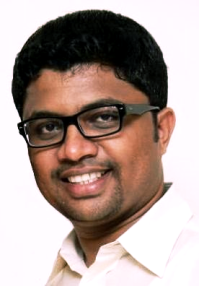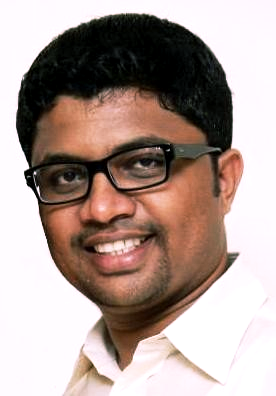“I don’t care how much power, brilliance or energy you have, if you don’t harness it and focus it on a specific target, and hold it there you’re never going to accomplish as much as your ability warrants.” – Zig Ziglar
Cheap computing power, plethora of data and Cloud-based services have made Artificial Intelligence based applications fairly easy to implement. While AI powered retail, ride-sharing and travel apps have made out lives easier, it is worthwhile to look at AI applications where it has made a difference between night and day in the developing world.
India accounts for 24% of the world’s cotton production[1]. Cotton is a commercial crop and is considered the backbone of the country’s textile Industry. Over 50% of the cotton balls are affected by a pest called Pink cotton ball which has resulted in extensive crop damage and financial loss to the farmers. To counter the spread of this pest, an institute[2] in India which focuses on harnessing the power of AI for social good, has developed an AI tool that works on a smartphone. To address the poor connectivity issue in rural areas where cotton grows, the model is light enough to run on a smartphone and simple enough for unsophisticated farmers to operate. By clicking a few photos, the app helps farmers identify the pest and also provides actionable advice thereby protecting crop yields.
Deforestation is a major global concern. Greenhouse gas emissions along with disappearing rainforests have contributed to rising temperatures and natural calamities. 20% of Amazon rainforests have disappeared[3] over the last three decades. In addition to weather changes, deforestation is responsible for disappearing wildlife – Over 80% of orangutan habitat has disappeared in the last 20 years[4]. Rainforest connection[5] is a non-profit organization based out of Bay Area that is implementing Machine Learning on to detect sounds like chain saws and gun shots from the data captured by solar powered cell phones stationed in the deep jungles. Since the cell phones is itself not powerful enough to run the AI models, the platform uses Google’s Tensorflow to integrate with the data and “listen” for certain harmonics that may provide clues on illegal logging and animal poaching.
Socio-economic data is key for developing economies to frame public policies so that benefits the poor sections of the society. The luminosity of light[6] during the night is considered as a data point to estimate economic activity in a region. Although high-resolution satellite imagery is available, it was not possible to detect luminosity at scale until AI cloud-based services became available. Organizations like AAAS[7] are using machine learning to extract socio-economic data from an abundance of information about landscape available in satellite imagery. The approach has led to a fairly good assessment of economic well-being across many African nations and is inexpensive option for producing granular data that enables economists and social policymakers in their decision-making process.
In conclusion, perhaps no other technology has the potential to make this world a better place like AI. It can help fight poverty, provide early warning on illegal deforestation and save the livelihoods of agriculture-based societies.
[1] https://cottonaustralia.com.au/cotton-library/fact-sheets/cotton-fact-file-the-world-cotton-market
[2] https://www.wadhwaniai.org/work/cotton-farming/
[3] https://rainforests.mongabay.com/amazon/deforestation_calculations.html
[4] https://www.orangutan.org.au/about-orangutans/palm-oil/
[6] https://www.nsf.gov/discoveries/disc_summ.jsp?cntn_id=119737

 English | EN
English | EN 
